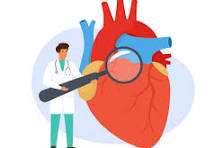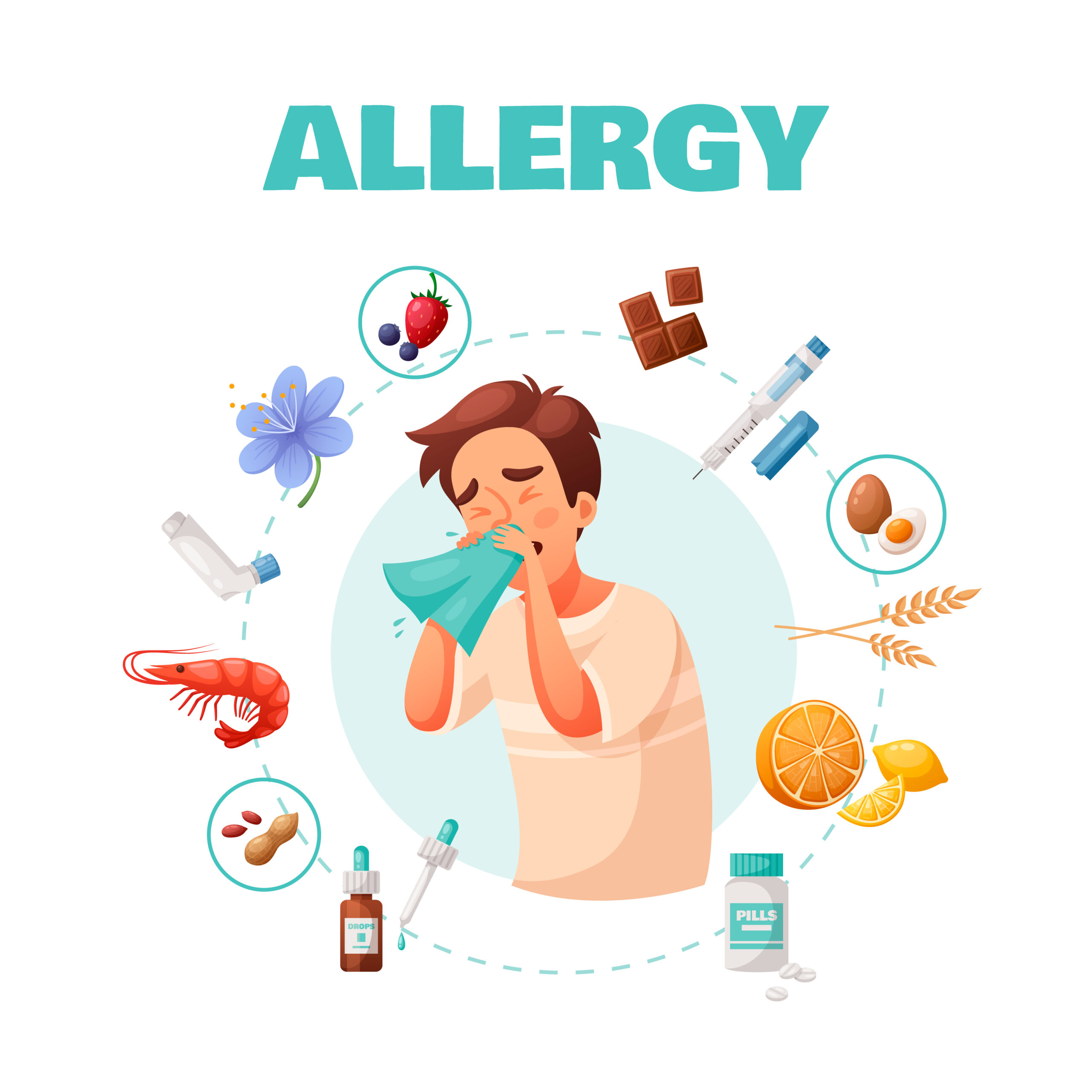Mon-Sat 9am-7pm











A good job description starts with an attention-grabbing summary of the position and its role within your company. Your summary should provide an overview of your company and expectations for the position. Outline the types of activities and responsibilities required for the job so job seekers can determine if they are qualified, or if the job is suitable for them.
A large veterinary clinic specializing in dogs, cats, and birds seeks an experienced, highly reliable Veterinarian to join our practice. We’re interested in talking to you if you genuinely love animals if you have your own dogs and cats at home and if you’re as committed to pet parent education as you are to treating animals. Our clinic focuses on preventive medicine as well as surgical intervention, particularly for spaying and neutering animals. We’re looking for an experienced vet who wants to work in a friendly, supportive atmosphere with other dedicated professionals.
Some say that veterinarians are not made, they are born. Indeed, most veterinarians have a special love for animals that begins its expression in childhood. You should have such a love for animals and a passion for their health and welfare. This is not to say that you must be an animal rights activist, but you should still have a fantastic, even uncanny, rapport with animals to work in veterinary medicine. You must also have a great facility for science, and a passion for healing. There are many ways to qualify this drive, so it's most important to have the personal confidence that this career is for you.
You'll start your veterinary medicine education in an undergraduate Pre-Veterinary Medicine program. These veterinary medicine programs are often pre-planned for you so that you stay on track with your core curriculum as well as your major field. You should be aware, however, that your courses might or might not meet the requirements for your desired Doctor of Veterinary Medicine program. Thus, you should pre-plan for this by determining your ideal veterinary school as well as your specialty area(s). That's not to say that all is lost if you change your mind. It is always possible to take the extra courses you need to suit your desired program, it will just take you a bit longer.
During your studies, you might take Veterinary courses such as:
Keep in mind that Organic Chemistry is a course that is notorious for causing trouble for medical and veterinary students alike. If you can get a head start on the material, you should do so at your earliest convenience. You might also find a solid group of fellow Pre-Vets who would like to form a study group to tackle Organic Chemistry and other courses.
Now you're on your way to becoming a Doctor of Veterinary Medicine. When you choose a DVM program, you will want to investigate their courses and specialty courses. After all, those will determine much of your career path. You should also check out what percent of their graduates are able to pass their NAVLE examinations. They should also be accredited by the American Veterinary Medical Association, Council on Education (COE).
Your DVM program will likely take up to four years to complete and the curriculum is bound to be fairly restricted to the courses you need. A few courses you might be required to take include:
After your second year, your program might ask that you take the Veterinary Educational Assessment (VEA.) This test codifies your general medical knowledge and is a checkpoint that covers science and pre-clinical subjects such as:
In your fourth year, however, you will be able to investigate specialty areas. You might take specialty courses such as:
Examinations are a huge part of most any professional path that requires state or federal licensure. To become a licensed veterinarian, you must pass the NAVLE exam. This test contains 300 items. 280 of the items are divided equally between Data Gathering and Interpretation, and Health Maintenance and Problem Management. Specific test areas include:
The NAVLE is offered at two times per year: spring and autumn. The testing windows are rather narrow, so make sure to clear your schedule for this extremely important part of your veterinary career.
Once you pass the NAVLE examination, and submitted your scores to the state board, you will need to make sure that you satisfy all of your state's specific requirements. Some states might ask that you take a rather short ethics exam. Other states require four hours of HIV/AIDS training. You will also need to submit your transcripts, and possibly include a letter of recommendation.
| Job Positions | Average Salary | Highest Salary |
|---|---|---|
| Veterinary Doctor | INR 5.08 LPA | INR 8 LPA |
| Veterinary Surgeon | INR 5.87 LPA | INR 10 LPA |
| Animal Care Specialist | INR 4.32 LPA | INR 8 LPA |
| Veterinary Officer | INR 10 LPA | INR 15 LPA |
| Cattle Breeder | INR 3.89 LPA | INR 10 LPA |
| Animal Breeder | INR 3.66 LPA | INR 10 LPA |
| Vet Doctor in NGOs | INR 3.89 LPA | INR 5.86 LPA |
| Animal Research Scientist | INR 5.42 LPA | INR 14.40 LPA |
| Livestock development Officer | INR 4.80 LPA | INR 10 LPA |
A compelling reason to become a veterinarian is the high earning potential. The average national salary is $120,529 per year, which allows many of these professionals to pay off student debt while living a comfortable lifestyle. You can earn even more if you live in certain areas or specialize in a particular field, and your level of experience, education and employer may also affect your potential salary.
The Bureau of Labor Statistics predicts a 19% increase in veterinarian employment from 2021 to 2031. This positive job outlook assures veterinary students that they can find jobs after graduation. Many of these professionals work in independent clinics that care for domestic pets, but other opportunities are available at zoos, aquariums, government hospitals and poultry farms.
Veterinarians typically have a good work-life balance, as many practices operate during normal business hours. Standard 40-hour workweeks allow them to spend the evenings and weekends with loved ones. Veterinarians may also pursue jobs with irregular schedules if they prefer these types of hours. For instance, a position at an emergency clinic would allow you to work nights and weekends.
Some veterinarians decide to open their own practices because of the increased earning potential and freedom to create their schedules. This entrepreneurial endeavor also allows you to develop skills like management, budgeting and marketing. Other responsibilities that tend to be rewarding include training new employees and developing relationships with clients.
Many veterinarians appreciate the daily variety that their profession offers. They see many different clients in one day and perform several procedures. For instance, they might complete an ovariohysterectomy on a dog after performing a routine checkup for a cat. They also communicate with patients, collaborate with office staff and complete paperwork. A veterinarian may even have the opportunity to travel if it's easier to treat clients at an off-site location.
One of the most popular reasons people become veterinarians is because of the rewarding work. It's fulfilling to use your analytical skills and medical knowledge to recommend the appropriate medications and procedures. With your treatment plans and approach to preventative care, pets can have healthy and comfortable lives. Your job also allows you to console owners who are worried about their pets. If you work in an organization like a zoo, you can use your skills to rehabilitate injured animals and return them to their natural habitats.
:
You might hesitate to become a veterinarian because of the rigorous education requirements. After earning a four-year undergraduate degree, students pursue a Doctor of Veterinary Medicine degree that takes an additional four years to complete. Students also complete post-graduation internships, obtain licenses and pursue optional certifications to specialize in fields like surgery or toxicology. These qualifications require you to complete many advanced science courses, but they're attainable with a good work ethic and consistent study habits. It's also helpful to remember that the rigorous requirements prepare you to offer the best care possible.
Veterinary school can cost a couple of hundred thousand dollars, but it's often worth it as it leads to a high-paying career. You can make veterinary school more affordable by getting good grades during your undergraduate studies. These credentials can help you qualify for scholarships and grants. Additionally, consider applying for loans and attending an in-state school to lower tuition costs.
Veterinarians can experience many emotional challenges, as they consistently see sick and injured animals. They also communicate with distraught pet owners and help them cope with challenging decisions like euthanasia. High emotional intelligence can help you show compassion while ensuring your emotions don't interfere with your work. You can also promote good mental health by meditating, eating well and exercising.
Animal fur can trigger sneezing, breathing problems or itchy skin in some people. If you experience these symptoms around cats and dogs, you may be uncomfortable working in a clinic. Fortunately, many people find relief through over-the-counter medications or treatment via an allergy specialist. You can also choose a different work environment. For instance, a marine veterinarian works with fish that are less likely to cause allergic reactions.
Though many veterinarians work indoors, their jobs can be physically demanding. For instance, they restrain large animals and lift them onto examination tables. They also spend many hours standing and walking around. This activity can leave you tired at the end of the day, but you can increase your stamina through regular stretching and exercise. Additionally, it helps to appreciate that the job allows you to be active instead of requiring you to sit at a desk all day.
Bites from aggressive animals can put veterinarians at risk of injury and infection. They also may encounter exposure to waste anaesthetic gases, ionizing radiation and airborne contaminants. While these job hazards are important to recognize, proper training reduces the chance of harm. For instance, veterinarians who use the proper restraining techniques can prevent injuries while caring for aggressive animals. These professionals also benefit from knowing how to use medical equipment and safety gear.
Call us at +91 9205084085, Monday - Friday, 9 am - 7 pm


